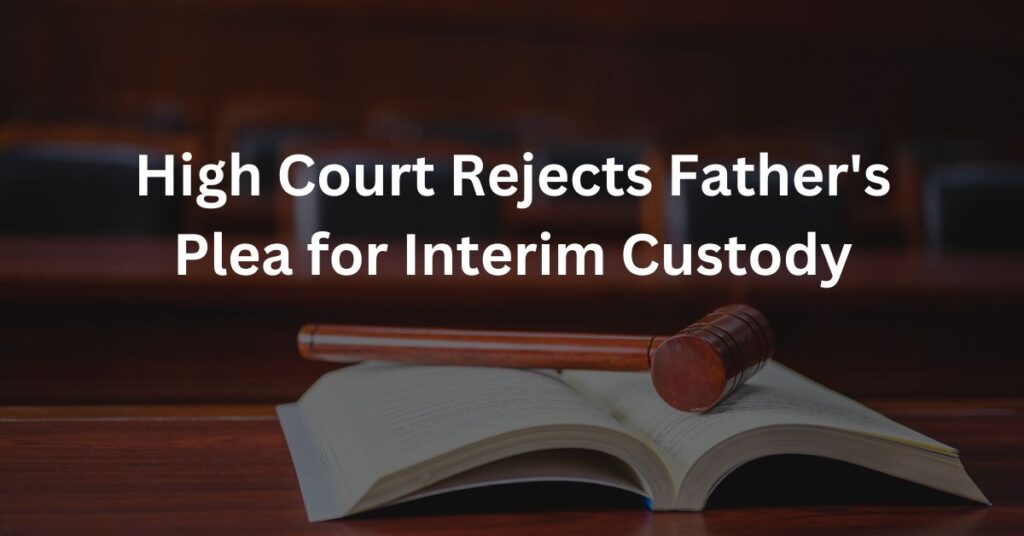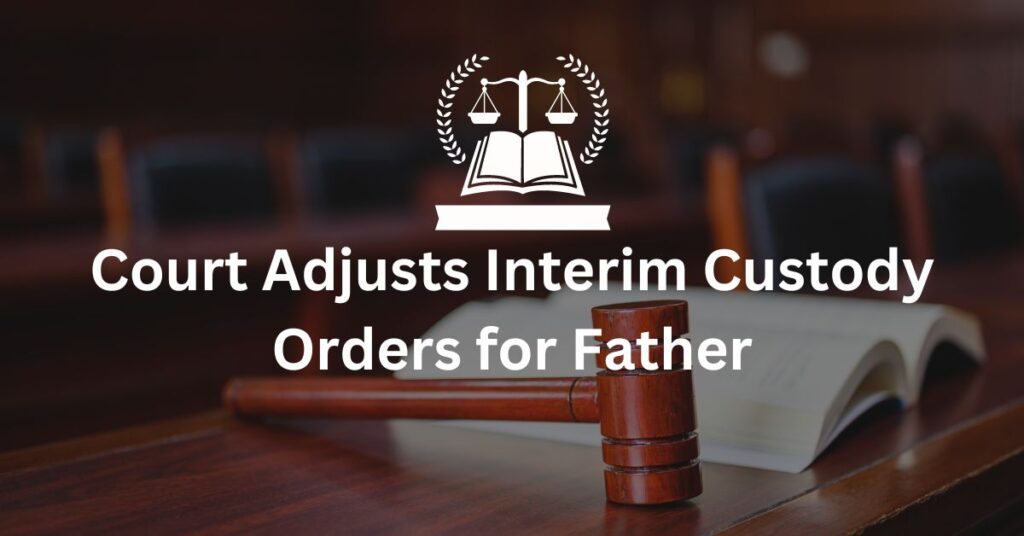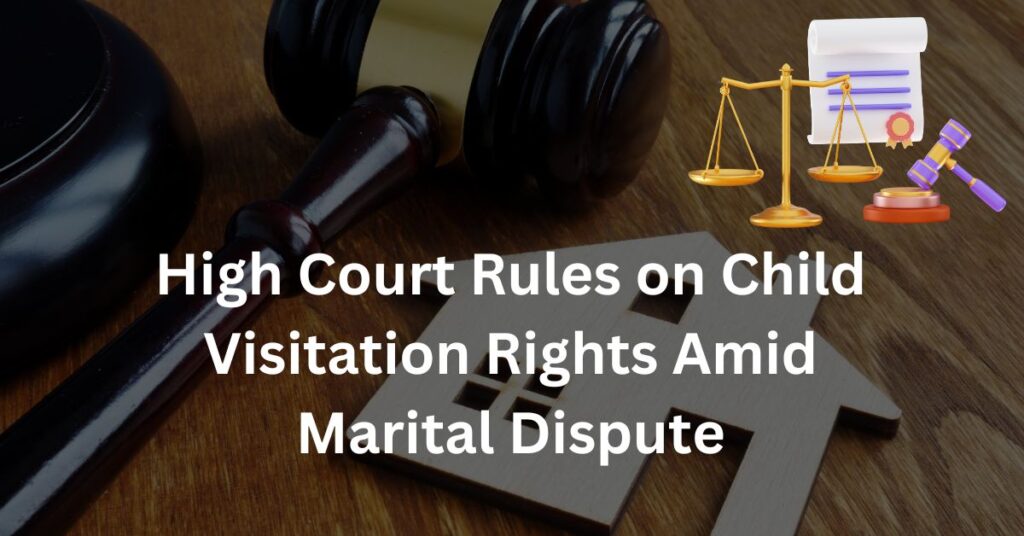Delhi High Court Rules on Child Custody and School Transfer
Summary of the Judgment
Overview of the Case
The High Court of Delhi recently ruled on a case involving a custody dispute between parents who have been separated since July 2023. The case was brought before the court by the father, who sought changes to the current custody and visitation arrangements for his nearly five-year-old child. The mother had previously filed an application under Section 43(2) of the Guardians and Wards Act, 1890, seeking permission to change the child’s school due to her relocation for employment reasons.
Court’s Decision
The Family Court had initially allowed the mother to withdraw the child from Salwan Public School in Rajender Nagar, Delhi, and enroll him in a school in Meerut, Uttar Pradesh, where she had secured a new job. Additionally, the Family Court facilitated virtual interaction between the father and the child, scheduling video calls via WhatsApp every Saturday and Sunday from 5:00 PM to 5:30 PM.
Father’s Appeal and Interim Relief
The father appealed this decision, seeking physical interaction with his child during the summer vacations. He had also filed an application under Section 12 read with Section 26 of the Guardians and Wards Act, 1890, which included multiple requests for access to the child during summer breaks. This application had yet to be addressed by the Family Court.
High Court’s Direction
The High Court disposed of the appeal with a directive for the Family Court to consider the father’s pending application. The court scheduled a hearing for this application on June 3, 2024. Both parties and their legal counsel were instructed to be present at the Family Court on this date. The judgment emphasized that the mother, through her counsel, should be informed about this new development.
Conclusion
The High Court’s decision concluded by stating that all pending interlocutory applications would be closed and that the parties should act based on a digitally signed copy of the order. This ruling highlights the court’s attempt to balance the interests of both parents while ensuring the welfare of the child during the ongoing custody proceedings.



